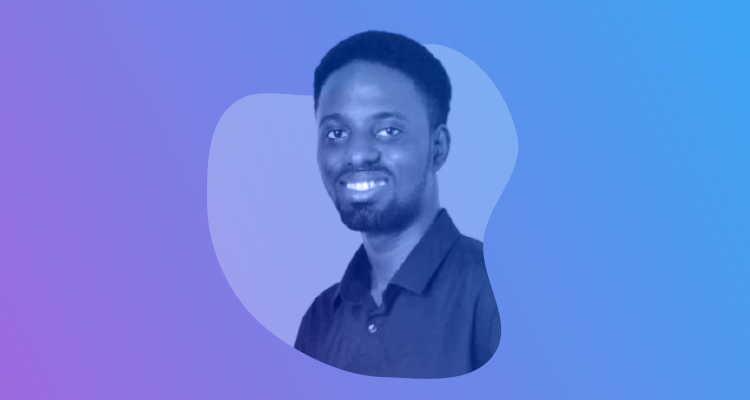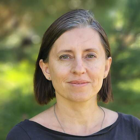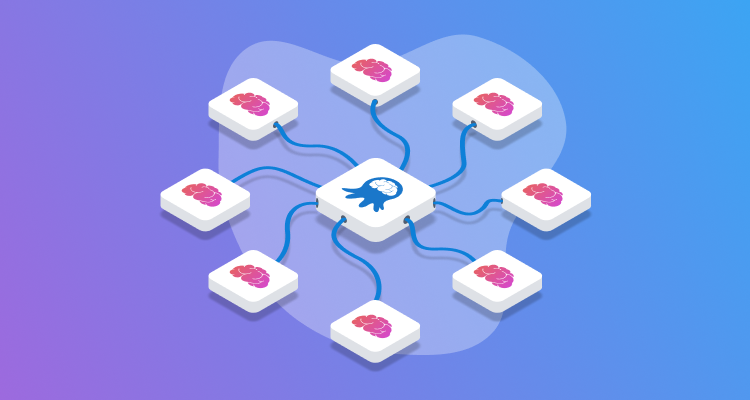This post is the next in our Inside DevOps series, where we share lessons learned from those on the frontlines of DevOps.
Hear from Oluwateniola Olubowale, DevOps Engineer at United Capital, a leading African financial and investment banking group.
What is DevOps to you? How do you define it?
Oluwateniola: DevOps represents a fundamental cultural shift rather than just a technical discipline. It’s about fostering close collaboration between development and operations teams to deliver high-quality software at speed. It emphasizes automation, transparency, and continuous feedback, all aimed at driving measurable business outcomes.
How did your DevOps journey start?
Oluwateniola: It began when I transitioned from a backend development role to one that required more involvement with infrastructure and deployment processes. I became increasingly curious about the delays and inefficiencies that occurred after code was written. This curiosity led me to explore Continuous Integration, containerization, and Infrastructure as Code (IaC)—areas that gradually shaped my path into DevOps.
What’s the most challenging part of DevOps?
Oluwateniola: The biggest challenge often lies in changing organizational culture. Encouraging teams to adopt a shared sense of ownership, prioritize automation, and embrace continuous learning can take time. Tools and pipelines can be implemented, but achieving true cross-functional collaboration requires leadership, patience, and clear communication.
What’s the most rewarding part of DevOps?
Oluwateniola: It’s incredibly fulfilling to see deployment processes evolve from being high-risk and manual to being streamlined, automated, and dependable. Knowing that you’ve helped build systems that allow developers to deliver confidently and recover gracefully from failure makes the work meaningful.
What DevOps trend have you been following lately?
Oluwateniola: Recently, I’ve been following the rise of GitOps and Platform Engineering. GitOps offers a powerful, declarative approach to managing infrastructure and application deployments, while Platform Engineering focuses on building internal developer platforms (IDPs) that improve scalability and developer experience.
What are some DevOps best practices your organization has implemented?
Oluwateniola: Our team has embraced several best practices, including Infrastructure as Code with Terraform, Continuous Integration and Continuous Delivery, automated testing, and the use of blue/green deployments. We also use centralized logging and observability, using tools like the ELK Stack and Prometheus with Grafana. Regular retrospectives are part of our process to ensure continuous improvement.
What’s the biggest challenge Octopus has helped you with?
Oluwateniola: Octopus has played a critical role in standardizing and simplifying our deployment workflows. It has brought consistency across environments, improved auditability, and significantly reduced manual intervention. With Octopus, we’ve been able to automate complex deployments while maintaining visibility and control.
What advice would you give someone just starting their DevOps journey?
Oluwateniola: Focus on the principles before the tools. Understand the value of collaboration, automation, and Continuous Delivery. Start small, learn version control, build simple CI/CD pipelines, and iterate. Most importantly, don’t be afraid to make mistakes; each challenge is an opportunity to learn and grow.
What DevOps book would you recommend reading?
Oluwateniola: The Phoenix Project by Gene Kim remains one of the most accessible and insightful introductions to DevOps. It conveys key concepts through relatable storytelling. For a deeper dive, The DevOps Handbook by Gene Kim, Jez Humble, Patrick Debois, and John Willis offers a comprehensive, practical guide to implementing DevOps practices.
What’s one thing about you that might surprise us?
Oluwateniola: I originally aspired to become a marine engineer. That foundation in systems thinking and design eventually led me to software engineering. Today, instead of engines and vessels, I focus on building and optimizing robust software systems, but the problem-solving mindset remains the same.
Thank you for sharing your insights with us, Oluwateniola!
If you’d like to be featured in our series, Inside DevOps, please reach out to Joanna on LinkedIn to set up a time for a quick chat.



